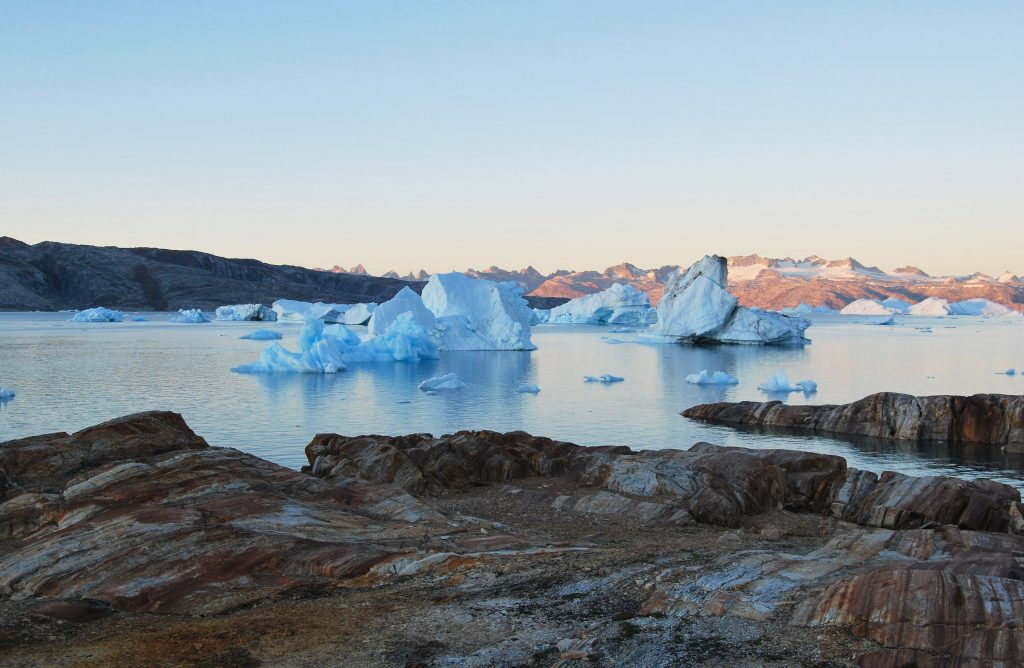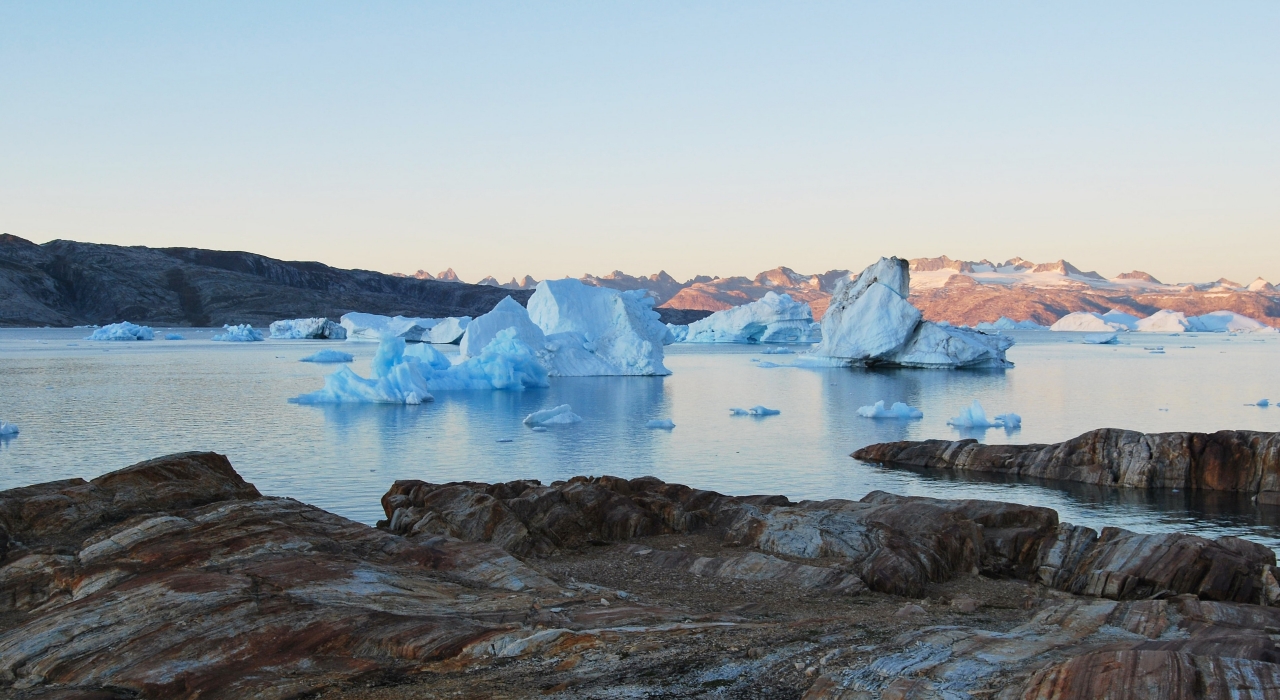A panel discussion held on December 10th gathered together Arctic area experts and students of University of Helsinki. The remote event was organized as a part of “Multidisciplinary environmental research – disciplinary perspectives to environmental questions” -course and the topic and the questions were chosen by its students. The panel discussion was hosted by Hannele Pokka, Professor of Practice at the Faculty of Biological and Environmental Sciences, and the guests included several Arctic area specialists: Nina Brander (Secretary General of the Arctic Advisory Board, PM’s Office), Timo Koivurova (Research Professor, Director of Arctic Institute, University of Lapland), Atte Korhola (Professor of Environmental Change, University of Helsinki) and Reetta Toivanen (Professor of Sustainability Science, HELSUS). Here are some of the main takeaways of the event.
The importance of the Artic area is increasing
In the beginning of the discussion, each panelist was asked about the reasons behind their interest in the Arctic region. The common answer was that the increased pace of climate change has rendered the area very important. This combined with the interest to preserve the Arctic area’s nature and the culture of Indigenous peoples were the main reasons that compelled these specialists to work with issues related to the Arctic through science and governing.
According to Brander, the Finnish government has taken the increased importance of the Artic region into account and is currently working on updating the Arctic strategy. A new arctic policy is in the works, and the main objectives include climate change mitigation and adaptation, furthering the wellbeing of inhabitants, local and scientific arctic knowledge and infrastructure.

Future concerns and scenarios of the Arctic region
Panelists were asked about the biggest threats concerning the Arctic, and more in particular the factors preventing the use of natural resources in a sustainable way in the area. According to Toivanen, the biggest issue is ignorance and the failure to understand that the Arctic area is home to many Indigenous peoples. Korhola emphasized how it is yet to be realized, how big of an impact the Arctic has on the planet and how it should be taken into account more seriously. Koivurova brought up oil and its prominent economic relevance to many Arctic countries, which can present challenges to sustainable use of Arctic’s natural resources. Lastly, Brander talked about the paradox of climate change – how it on one hand has very damaging effects but on the other hand makes the area more accessible.
Students were also particularly curious about possible future scenarios of the Arctic area. Multiple questions were asked about the possibility of unknown viruses hidden in permafrost that could potentially be “waking up” as climate warms. In the era of the Covid-19 pandemic, this type of concern is surely not unexpected and highlights the urgent need for climate change mitigation.
The most critical ways of protecting the Arctic
When asked about the most critical ways of protecting the Artic area, panelists offered the following answers. Korhola brought up the importance of protected areas to maintain biodiversity of different species. Koivurova talked about the Arctic sea, and how only a portion of it is protected and more international maritime cooperation is needed. Toivanen highlighted the importance of protecting Arctic area from large infrastructural projects that would harm the nature as well as the livelihoods of the people living there (e.g. reindeer herding). Brander noted that the prevention of forest fires and sustainable tourism are also factors that should be considered when thinking of ways to protect the Arctic area.
One important question raised by students was about what individuals can do to protect the Arctic area. All panelists agreed that individuals can make everyday choices that can have an impact on helping the mitigation of climate change. These include the food we eat, the ways we heat, how we move and how much we take circular economy into account in our lives, as Korhola summed up. It also helps to study and research the topic, because the role of research is very important in relation to decision-making. Lastly, when going to Arctic regions, such as Lapland, it is important to take a moment to appreciate the incredible nature, and through that perhaps understand the Arctic’s significance better.
Alma Tuunainen
Alma Tuunainen is a student of politics and communication at University of Helsinki with an interest in environmental policy and sustainability. This blog post was written as a part of a “Multidisciplinary environmental research – disciplinary perspectives to environmental questions” -course (ENV-104).
Photo by Jean-Christophe André from Pexels

